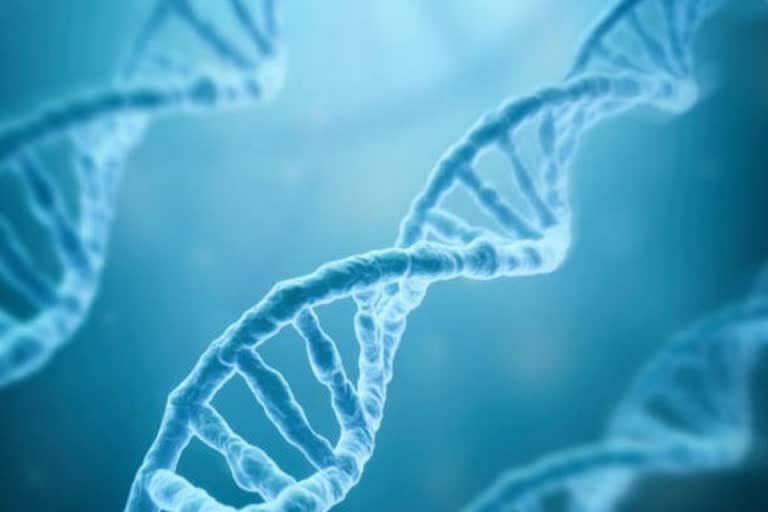New Delhi: Scientists have identified genes inherited commonly across addiction disorders, regardless of the substance being used, which could help reveal new treatment targets across multiple substance use disorders, including for those diagnosed with more than one. The international team of scientists, led by those at the Washington University in St. Louis, US, has accomplished this by combing through genomic data of over 1 million people, one of the largest of its kind, they said in a study.
The study also reinforced the role of the dopamine system in addiction, by showing that the combination of genes underlying addiction disorders was also associated with regulation of dopamine signalling. It is published in the journal Nature Mental Health. Substance use disorders are heritable and influenced by complex interactions among multiple genes and environmental factors.
Genome-wide association, a data-rich method, has emerged to try to identify specific genes involved in certain disorders in recent decades. This method involves searching entire genomes for regions of genetic variation, called Single-Nucleotide Polymorphisms (SNPs), that associate with the same disease, disorder, condition, or behaviour among multiple people.
Alexander Hatoum, lead author of the study, and his team employed genome-wide association to pinpoint areas in the genome associated with general addiction risk, as well as the risk of specific substance use disorders - namely, alcohol, nicotine, cannabis, and opioid use disorders. The study sampled 10,25,550 individuals with genes indicating European ancestry and 92,630 individuals with genes indicating African ancestry.
The scientists discovered various molecular patterns underlying addiction, including 19 independent SNPs significantly associated with general addiction risk and 47 SNPs for specific substance disorders among the European ancestry sample. "Using genomics, we can create a data-driven pipeline to prioritize existing medications for further study and improve chances of discovering new treatments," said Hatoum, a research assistant professor at Washington University.
The study also found that the strongest gene signals consistent across the various disorders mapped to areas in the genome known to control regulation of dopamine signalling. The observation suggested that genetic variation in dopamine signalling regulation, rather than in dopamine signalling itself, is central to addiction risk.
